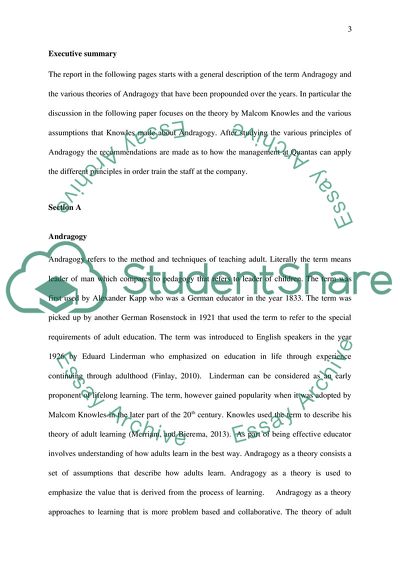Cite this document
(Report on Andragogy for HR Manager at Qantas Lab, n.d.)
Report on Andragogy for HR Manager at Qantas Lab. https://studentshare.org/human-resources/1867331-report-on-andragogy-for-hr-manager-at-qantas
Report on Andragogy for HR Manager at Qantas Lab. https://studentshare.org/human-resources/1867331-report-on-andragogy-for-hr-manager-at-qantas
(Report on Andragogy for HR Manager at Qantas Lab)
Report on Andragogy for HR Manager at Qantas Lab. https://studentshare.org/human-resources/1867331-report-on-andragogy-for-hr-manager-at-qantas.
Report on Andragogy for HR Manager at Qantas Lab. https://studentshare.org/human-resources/1867331-report-on-andragogy-for-hr-manager-at-qantas.
“Report on Andragogy for HR Manager at Qantas Lab”. https://studentshare.org/human-resources/1867331-report-on-andragogy-for-hr-manager-at-qantas.


